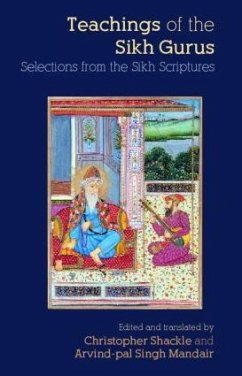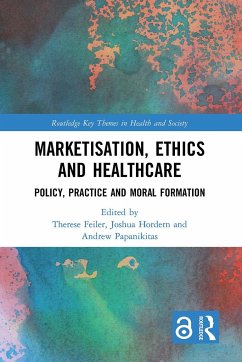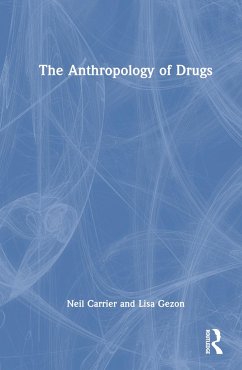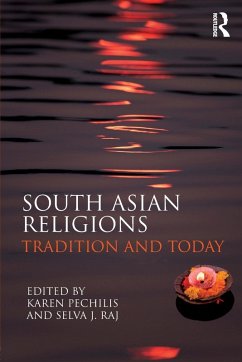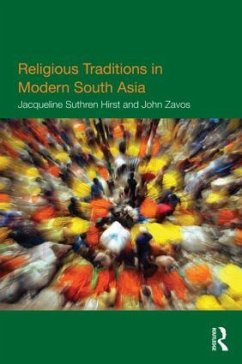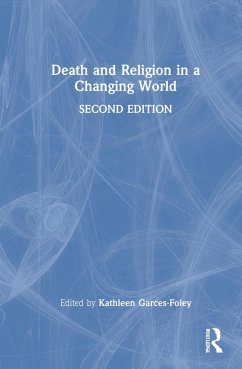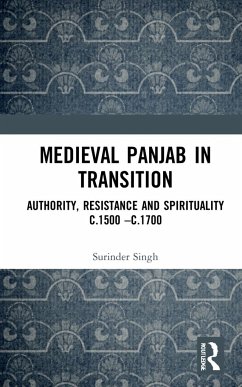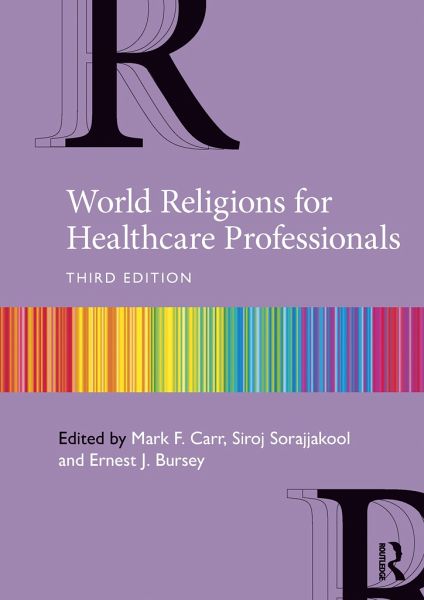
World Religions for Healthcare Professionals
Versandkostenfrei!
Versandfertig in 6-10 Tagen
49,99 €
inkl. MwSt.

PAYBACK Punkte
25 °P sammeln!
This third edition of a popular text introduces healthcare students and professionals to a wide range of health beliefs and practices in world religions. Chapters on various religions are written to offer an insider's view on the religion's historical development, key beliefs and practices, including ideas of health, sickness, death, and dying. The chapters include case studies, advice on what to do and what to avoid when caring for patients.Introductory chapters invite the reader to consider the broad context of patient care in pluralistic society and explore one's personal orientation to oth...
This third edition of a popular text introduces healthcare students and professionals to a wide range of health beliefs and practices in world religions. Chapters on various religions are written to offer an insider's view on the religion's historical development, key beliefs and practices, including ideas of health, sickness, death, and dying. The chapters include case studies, advice on what to do and what to avoid when caring for patients.
Introductory chapters invite the reader to consider the broad context of patient care in pluralistic society and explore one's personal orientation to others from different religions. How we care for patients from different backgrounds and cultures insists on professional boundaries that the reader may have not yet examined. A new chapter explores the relationship between religion and public health in light of the COVID-19 pandemic, asking the reader to consider what morally appropriate balance is required if and when personal faith conflict with public health needs.
Undoubtedly, the sensitivity with which clinicians communicate with patients and make decisions regarding appropriate medical intervention can be greatly increased by an understanding of religious and cultural diversity.
This is a core textbook for students studying healthcare, religion and culture, and an invaluable reference for healthcare professionals.
Introductory chapters invite the reader to consider the broad context of patient care in pluralistic society and explore one's personal orientation to others from different religions. How we care for patients from different backgrounds and cultures insists on professional boundaries that the reader may have not yet examined. A new chapter explores the relationship between religion and public health in light of the COVID-19 pandemic, asking the reader to consider what morally appropriate balance is required if and when personal faith conflict with public health needs.
Undoubtedly, the sensitivity with which clinicians communicate with patients and make decisions regarding appropriate medical intervention can be greatly increased by an understanding of religious and cultural diversity.
This is a core textbook for students studying healthcare, religion and culture, and an invaluable reference for healthcare professionals.





